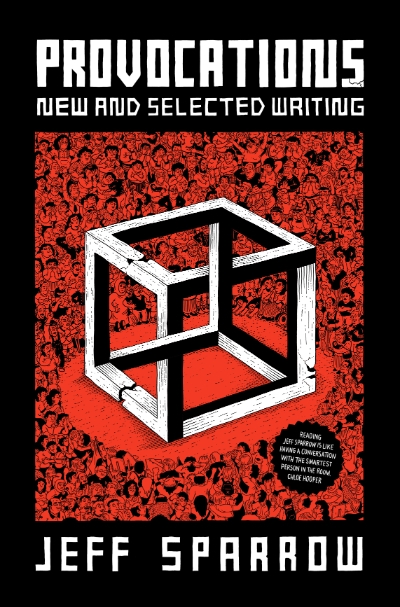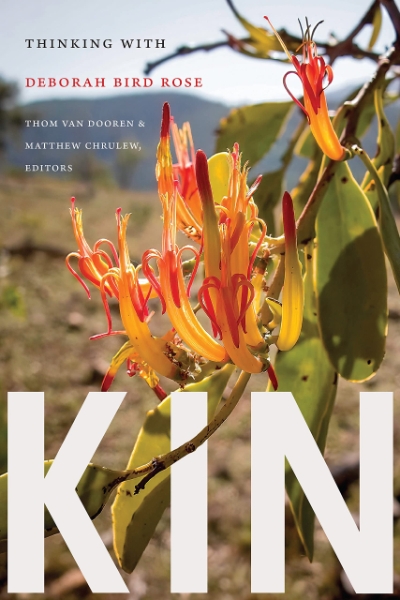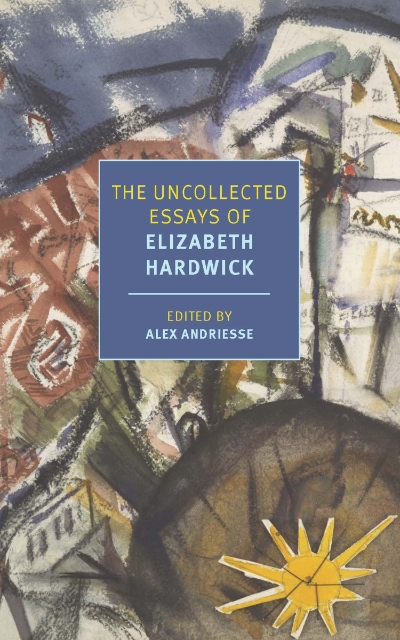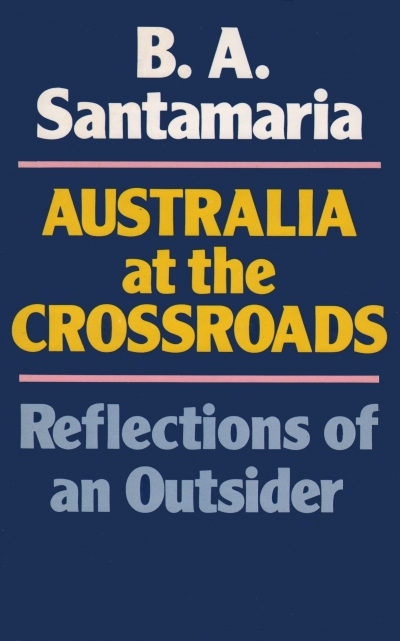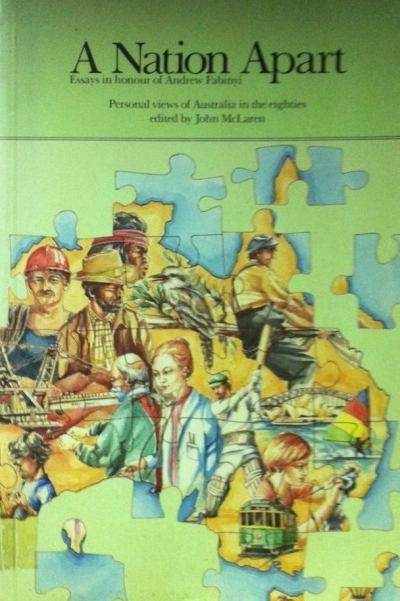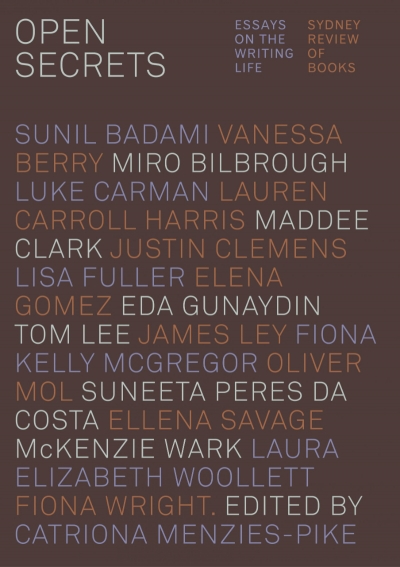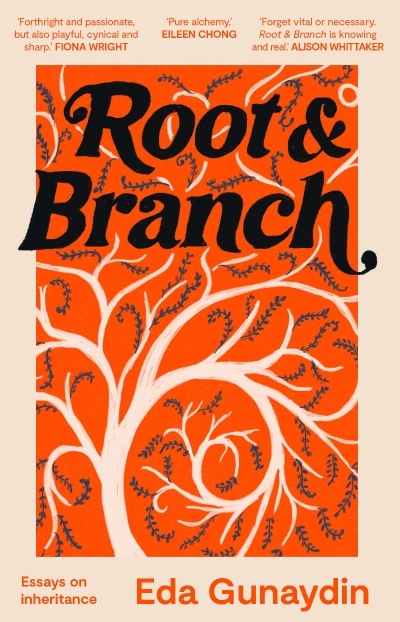Essay collections
This week on the ABR Podcast, Lynda Ng reviews To Save and To Destroy: Writing as an Other by Viet Thanh Nguyen. Nguyen, who arrived in the United States from Vietnam as a child refugee in 1975, is the Pulitzer Prize-winning author of The Sympathizer. To Save and To Destroy is a collection of pieces Nguyen delivered for the prestigious Norton Lectures.
... (read more)In an exuberant essay anticipating the publication of Eleven Letters to You, the critic and editor Helen Elliott describes the deep pleasure of working on the book: ‘The satisfaction of writing this book, of making it as good as I can has been unlike anything I’ve ever known. A necessary joy, the deepest new, an entirely selfish pleasure. A small and ravishing bomb inside me’ (The Monthly, May 2023). After this introduction, it was a relief to read the book and find that it doesn’t disappoint. The exuberance of the writing process filters through to the finished pages, populated with ostensibly ‘ordinary people’ – Elliott’s highly provisional term – who have made a deep impression on the writer.
... (read more)Family: Stories of belonging edited by Alaina Gougoulis and Ian See
The nuclear family has a bad literary rap. As we know from fiction and memoir, the traditional two-heterosexual-parents-and-biological-kids model, a structure that provides stability and nourishment for some, can also be a stricture, a disappointment, even a crucible of cruelty. The opening sentence of Anna Karenina notwithstanding, unhappiness is unhappiness; there are common experiences for the survivors of family difficulty, even when specifics differ.
... (read more)In the late nineteenth and early twentieth centuries, a number of cycling groups in Europe were founded on socialist principles. I had some notion, before reading Jeff Sparrow’s Provocations, of the link between cycling and that era’s feminist politics – the independent, bloomer-clad woman on her bicycle, which Sparrow also sketches – but not of Italy’s Ciclisti Rossi (Red Cyclists) or England’s Clarion Cycling Club. The latter’s anthem celebrated its members’ two-wheeled role in advancing class struggle.
... (read more)Kin: Thinking with Deborah Bird Rose edited by Thom van Dooren and Matthew Chrulew
Deborah Bird Rose (1946–2018) was an interdisciplinary thinker who helped establish the field of the environmental humanities (or ecological humanities); in 2012 she also co-founded the scholarly journal Environmental Humanities. Having initially trained in anthropology, Rose strove to push that field and other ethnographic studies beyond their stubborn anthropocentrism. She came to Australia in 1980 from Bryn Mawr College, Pennsylvania, to undertake PhD research in Aboriginal Australia. Her thinking was shaped by the decades she spent with Aboriginal mentors and friends, in the Northern Territory communities of Lingara and Yarralin. Across her writing, in books such as Wild Dog Dreaming: Love and extinction (2011) and Nourishing Terrains: Australian Aboriginal views of landscape and wilderness (1996), Rose demonstrated and promoted attentiveness to, and ethical engagement with, the plethora of beings on Earth.
... (read more)The Uncollected Essays of Elizabeth Hardwick edited by Alex Andriesse
The American poet Robert Lowell (1917–77), I don’t suppose, intended to eclipse his contemporaries, competitors, rivals, wives, any more than in one of his poems the new esplanade along the Charles River intended to stamp down ‘grass and growth’, as he rather vaguely puts it, with ‘square stone shoes’, but it’s what he did. Now, in the almost half a century since his passing, and the end of ‘the age of Lowell’, as one critic christened it back in the 1960s, his largely unintended oppression has unbent; as in the Grimms fairy tale called ‘The Frog King’, one hears the succession of hoops giving way.
... (read more)Australia at the Crossroads: Reflections of an outsider by B. A. Santamaria
B.A. Santamaria is given to self-dramatization. His autobiography (1981) was subtitled Against the tide but he was not metaphorically explicit as to whether the tide was going out or coming in. For myself I do not want to think of Santamaria behaving with Canute-like megalomania; I prefer to envisage him backstroking towards shore with a rear-vision snorkel, spouting against the undertow of inevitable social change, and praying for some apocalyptic dumper to preserve him from the future agoraphobic shock of an ever-widening ocean.
... (read more)A Nation Apart is the title of this book of essays on contemporary Australia and it’s a good title because it summarises the fragmentation, the sense of disparateness, which characterizes this nation at the moment – and characterises the book itself.
... (read more)Open Secrets: Essays on the writing life edited by Catriona Menzies-Pike
In her introduction to Sydney Review of Book’s latest anthology, Open Secrets: Essays on the writing life, Catriona Menzies-Pike quickly establishes what readers should not expect. ‘There are no precious morning rituals here,’ the editor promises, ‘no magic tricks for aspiring writers.’ It’s true that these essays, each a mix of disarming honesty and polymathic intelligence, hover far above the glut of literary listicles clogging the internet. And thank goodness: if I have to suffer Hemingway mansplaining show-don’t-tell one more time, I may go out and shoot a lion myself.
... (read more)Eda Gunaydin’s collection of essays, Root & Branch, centres on migration, class, guilt, and legacy. It joins the surge of memoir-as-début by millennial writers, who interrogate the personal via the political. Gunaydin, whose family immigrated to Australia from Turkey, grew up in the outer suburbs of Western Sydney – home to a historically migrant and working-class demographic. We learn that her father, a bricklayer, has been the household’s sole income provider as the health of her mother, Besra, meant that she ‘never had a job in this country except cleaning’.
... (read more)




